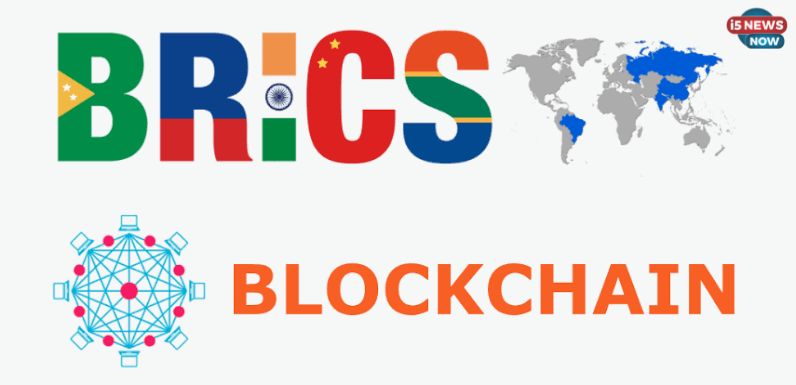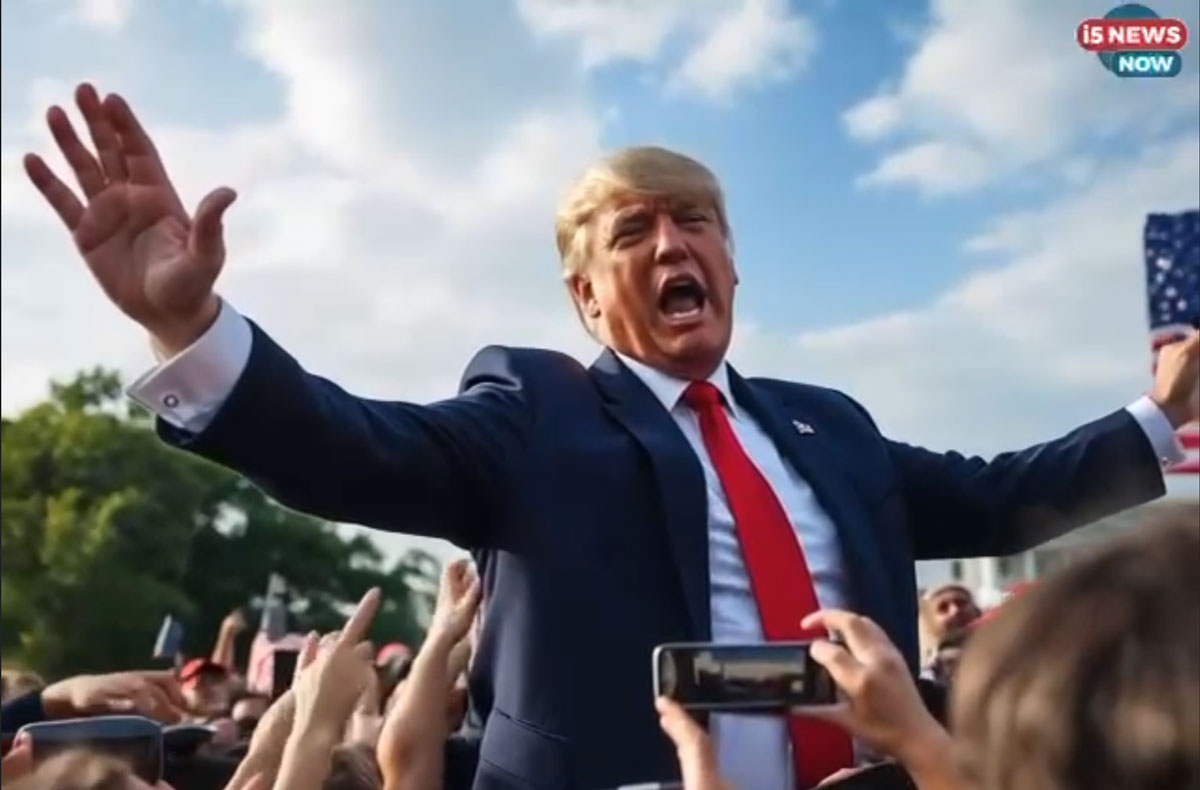
Some BRICS nations, including new members the UAE, Argentina, and Ethiopia, are now using state funds to mine Bitcoin. This strategic shift underscores how seriously the BRICS bloc – comprising Brazil, Russia, India, China, South Africa, and recent additions – views blockchain as a potential driver of global economic influence. By adopting Bitcoin mining at a state level, these nations are not only tapping into the potential of digital assets but are also reducing their reliance on Western financial systems like the U.S. dollar.
The economic impact could be significant. Mining Bitcoin with state backing may allow BRICS countries to accumulate valuable digital reserves, providing an alternative to traditional currency reserves. This approach could give these nations more financial autonomy, especially as economic sanctions and currency fluctuations affect global trade. Additionally, blockchain technology offers a transparent, secure means of processing international transactions, which could streamline trade within BRICS itself, promoting stronger economic ties among member countries.
Interestingly, this BRICS shift aligns with a rise in American conservatism focused on decentralization, with some U.S. political figures advocating for more decentralized finance (DeFi) options and less government control. As both BRICS nations and parts of the U.S. support blockchain and decentralized systems, a unique financial rivalry could emerge, potentially shifting global economic dynamics. This move into blockchain and Bitcoin might signal a new era where global influence is shaped not just by traditional assets but by the power of digital currencies and decentralized technology.



